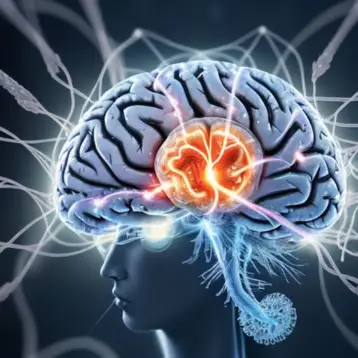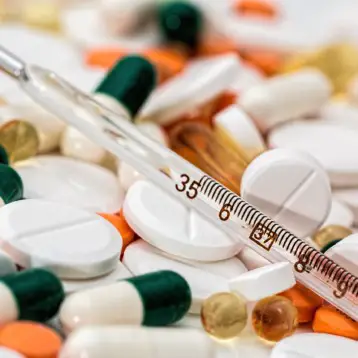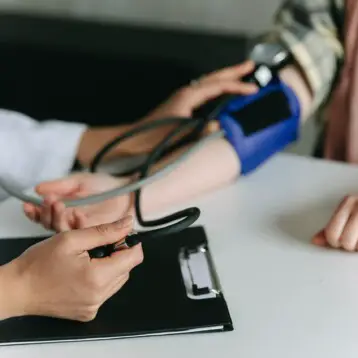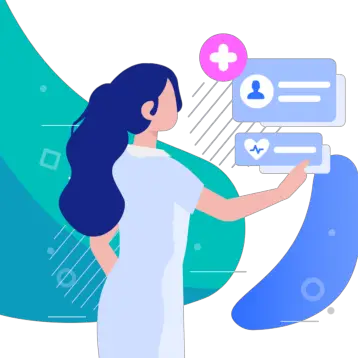|
The placebo effect is referred to as a patient’s feeling of relief after being treated with medicine that has no chemical active agent. Although the effect has been known for a long time, there have been no clinically proven scientific explanations for why or how it affects us. In previous research it was found that placebo treatments can cause a significant increase in the level of a neurotransmitter named dopamine in a specific part of the forebrain. The same significant increase in dopamine levels occurs when people anticipate a reward such as money or food.
In order to examine the possible connection between placebo treatment and reward anticipation the scientists measured the dopamine levels in the specific location in the forebrain of volunteers in two different experiments. In the first experiment, the volunteers received an intravenous saline solution (a placebo which has no effect on the body), and were told that they had received medicine that helps reduce the pain of a needle’s prick. In the second experiment, the volunteers played a game in which they could win different amounts of money.
The experiments’ results showed that people most responsive to placebo treatment also had higher levels of brain activity when expecting the monetary reward. This finding may help in detecting people that will be highly affected by placebos. The relation with reward anticipation may also help scientists to answer questions like how placebos work and how we can make them affect more people.
More information on the research can be found on Science website (subscription required).










